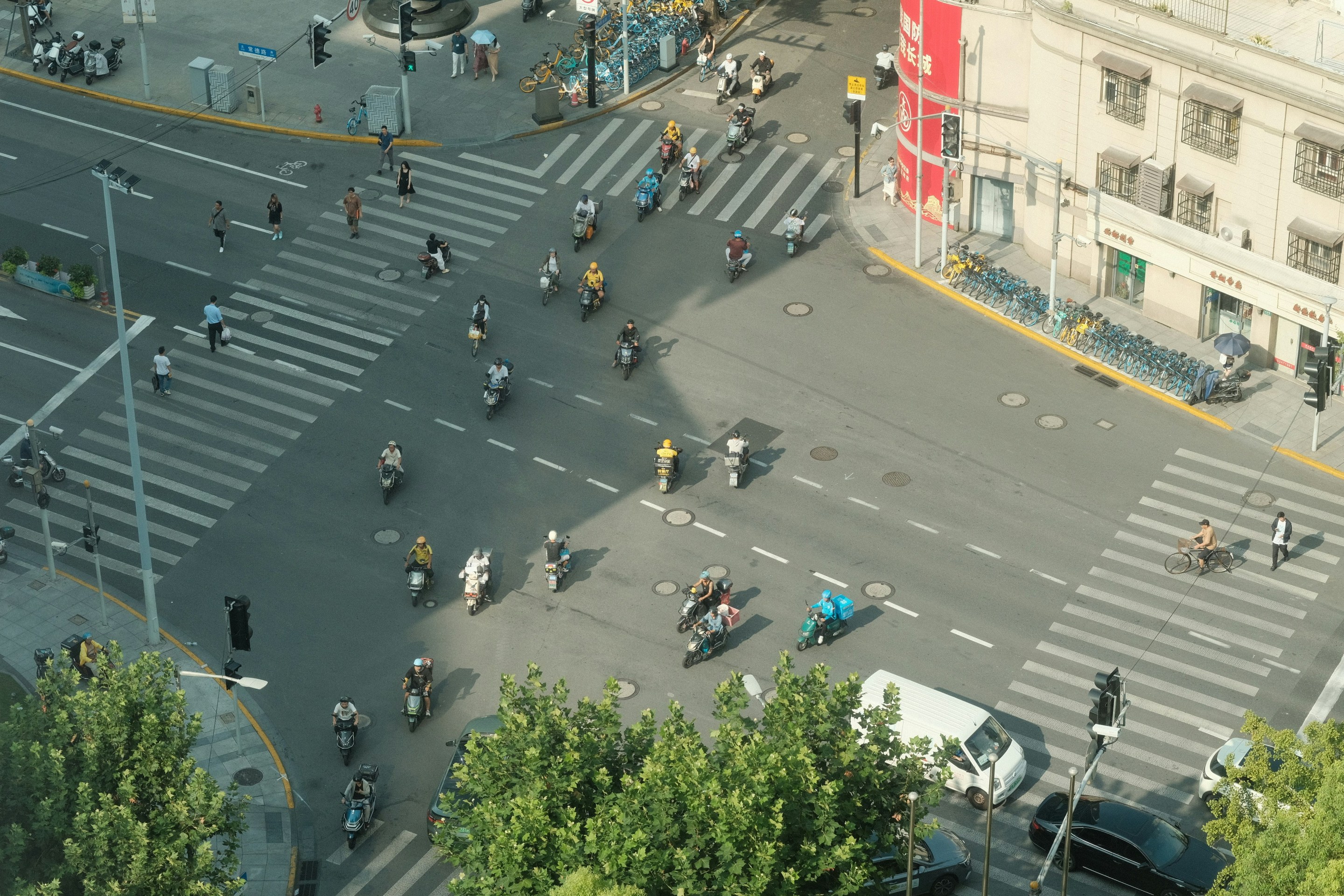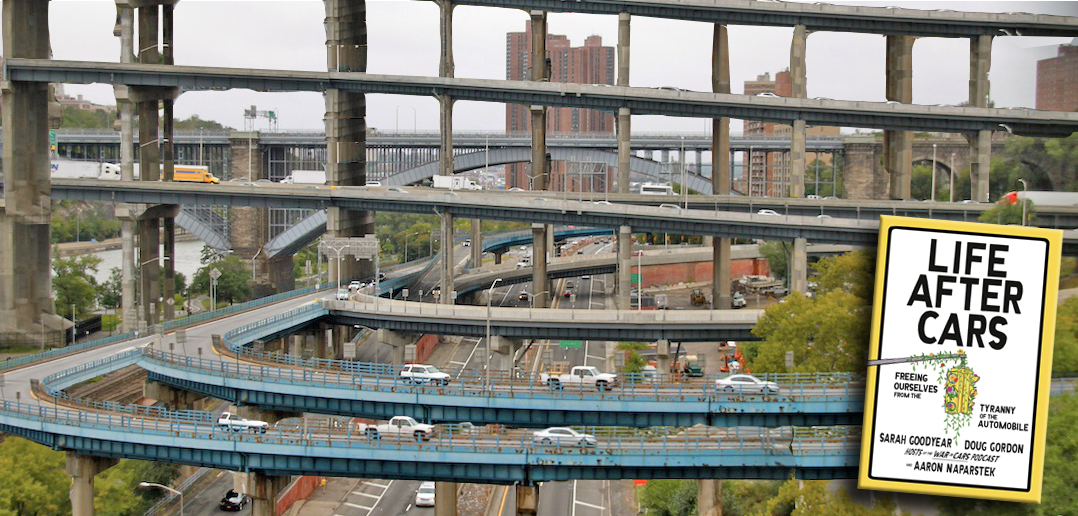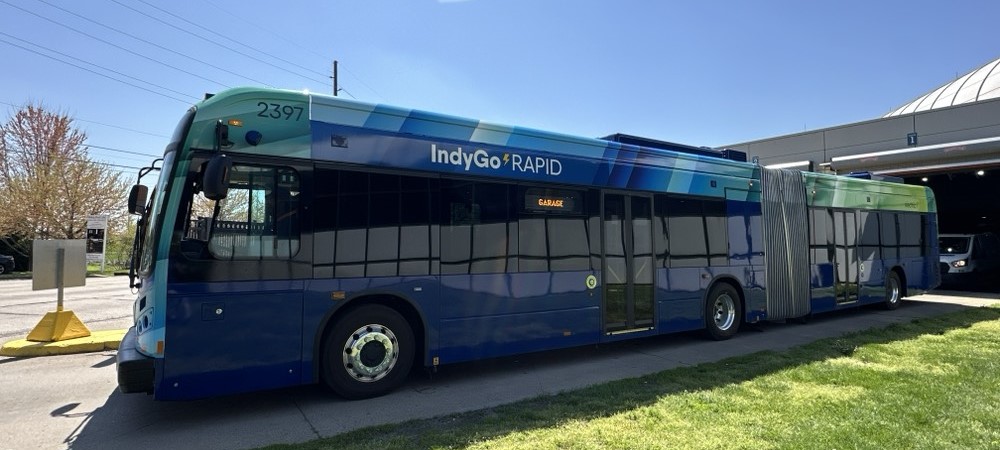- Gulf oil spill seen in Washington as possibly fatal to the prospects for a climate deal ... (Grist)
- ... but that's not stopping Sen. Kerry (D-MA) from touting his bill's oil industry endorsements (E&E News)
- Lawmakers begin admitting that the next long-term federal transport bill will wait ... and wait, and wait (JOC)
- U.S. DOT responds to transit equity group that criticized its $775m grant program for local bus upgrades (Infrastructurist)
- IBM to demonstrate new intelligent transport technology in Texas, with feds' blessing (CNET)
- Supporters of new light rail in D.C. suburbs worry about motivations behind car-free streets trial run on University of MD campus (WashPost)
- Expectations for high-speed rail coming down to earth: The Texas version (Star-Telegram)
- A defection for Gov. Christie (R-NJ)? GOP state lawmaker says gas tax hike will be needed to close New Jersey's transport budget gap (APP.com)
Streetsblog
Today’s Headlines
Stay in touch
Sign up for our free newsletter
More from Streetsblog USA
Wednesday’s Headlines Living Just Enough for the City
President Trump is tapping into an age-old sentiment when he attacks cities. They've endured worse over the years.
Study: Removing Parking Minimums Leads to More Affordable Housing
Removing parking requirements for new buildings could help thousands of Coloradans who struggle to afford housing — and it might work elsewhere, too.
Embracing the E-Bike Boom: How China Is Leading on Regulations and Infrastructure
China is making big strides to regulate and support slow-speed electric micromobility — and the U.S. could take a page from their book.
The ‘War on Cars’ Is Worth Fighting — And Here’s What Life Might Look Like When We Win
A first book from the prolific podcast hosts offers a solid foundation for would-be advocates against automobility — and some new ammunition for veterans.
Tuesday’s Headlines Burn Rubber
Is the light rail renaissance of the 1990s and 2000s over? Bus Rapid Transit is the trendy choice now.
Vision Zero Cities: Fund Transit — Or Lose It
Got a transit vision? Check out how several cities struggled and then rebounded.





